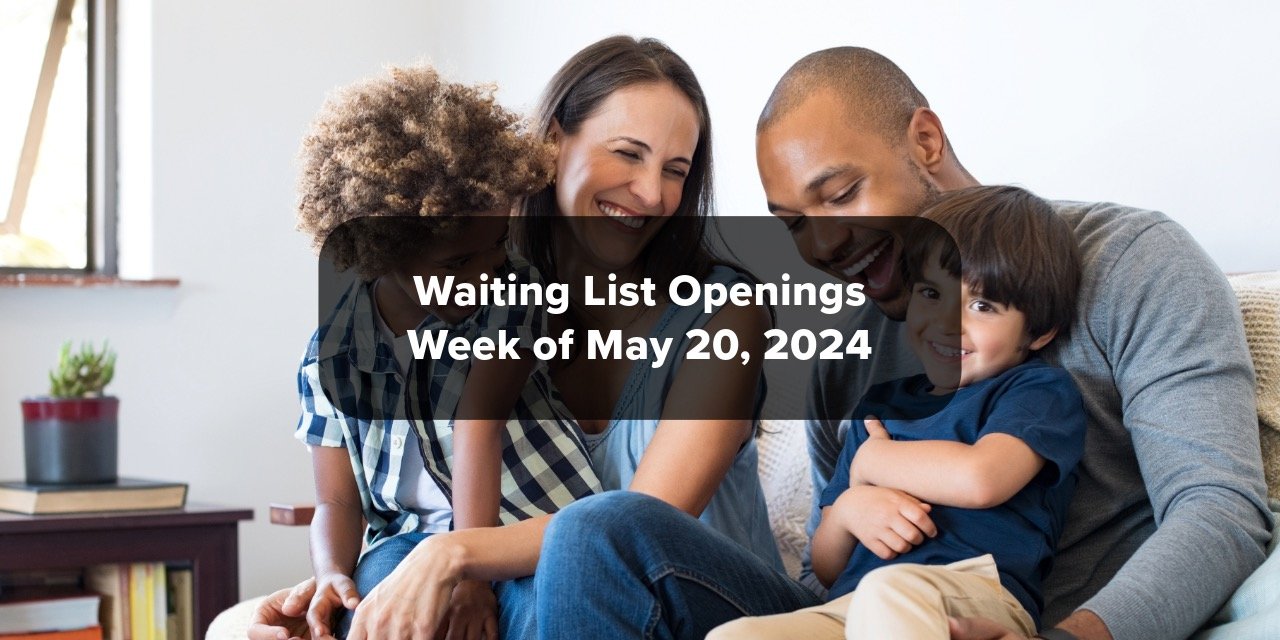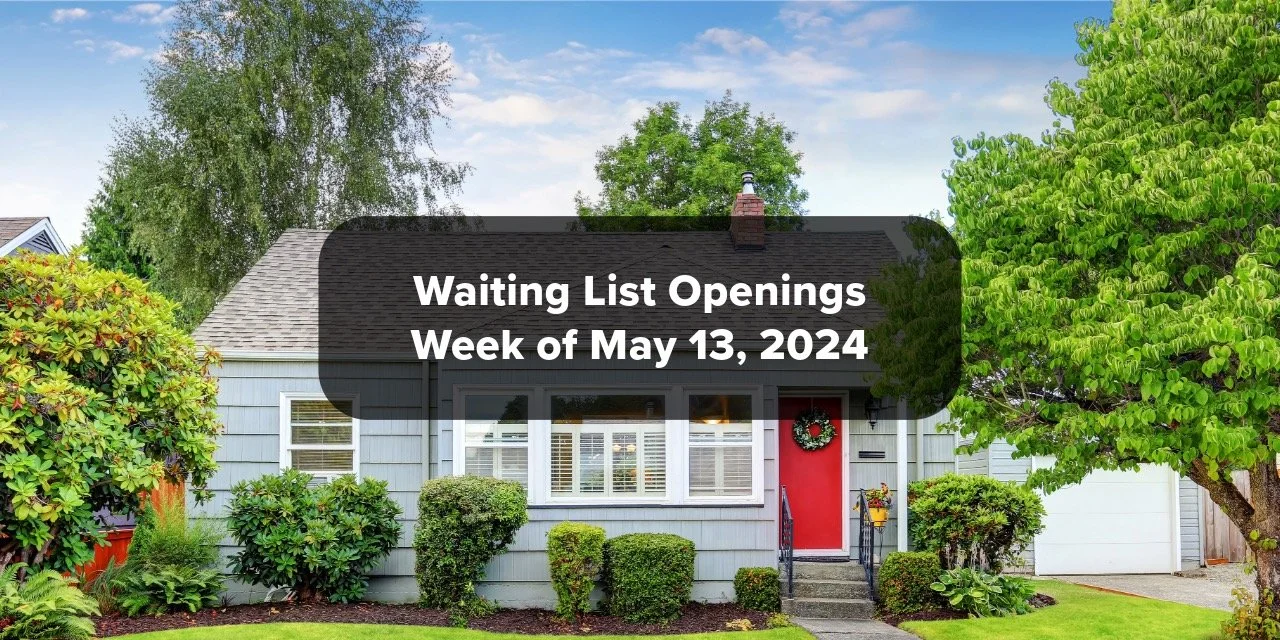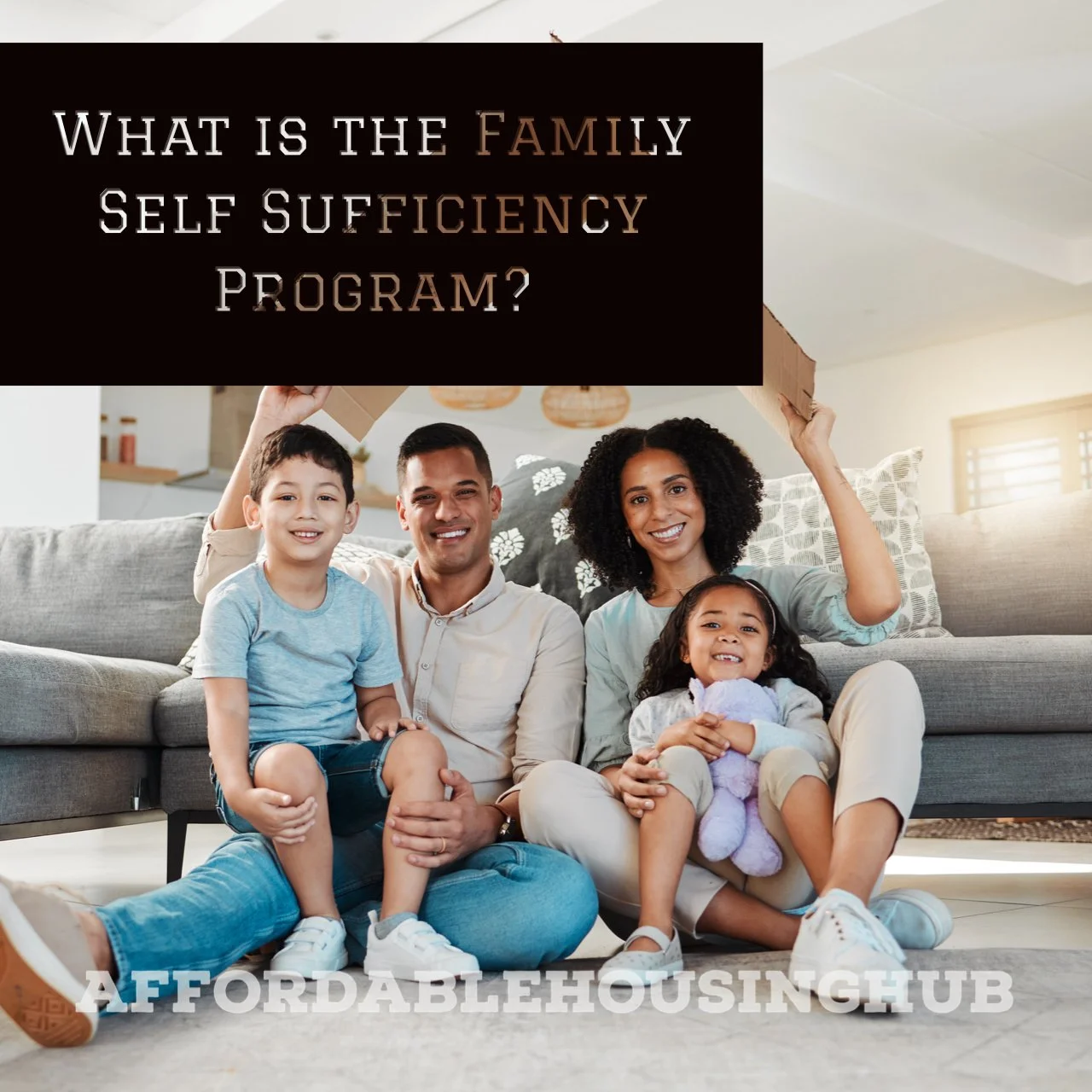4 Programs That Build Houses for Low-Income Families
/Housing market changes can be difficult for low-income families due to rising housing costs, limited affordable housing options, income disparities, and the potential for displacement due to gentrification.
However, these market changes can also create opportunities for programs that build houses for low-income families. Local initiatives can help address affordability challenges, ensuring that low-income families can access stable and affordable housing despite market conditions.
Best Programs That Build Houses for Low-Income Families
When it comes to affordable housing, various programs are dedicated to helping low-income families access decent and reasonably priced homes. These initiatives range from well-known organizations, such as Habitat for Humanity, to local community-driven efforts led by nonprofit groups. They all share the goal of addressing the housing difficulties low-income families face.
Habitat for Humanity
Habitat for Humanity, a familiar name in housing assistance, stands out as a beacon of hope for countless low-income families. Established in 1976, this nonprofit organization has transformed the lives of families nationwide through its mission of providing affordable housing. Habitat for Humanity operates on a volunteer-driven model, where communities come together to build homes.
Low-income families partnered with Habitat are not just beneficiaries; they actively participate in construction. This reduces the overall costs and instills a sense of ownership and pride in the homeowners. Furthermore, Habitat for Humanity offers zero-interest mortgages to qualified families, making homeownership a tangible reality.
USDA Rural Development Single Family Housing Programs
Rural areas often face unique housing challenges, but the USDA Rural Development Single Family Housing Programs offer a lifeline to low-income families in these regions. These programs provide direct loans and loan guarantees to eligible families, helping them build, repair, or purchase homes in rural areas.
One advantage of these programs is their lower interest rates and more favorable terms than traditional mortgages. This makes homeownership a feasible option for rural families who might otherwise struggle to secure housing. By facilitating affordable housing solutions in rural communities, these programs contribute to the growth and vitality of these areas.
Community Development Block Grants
Empowering local communities to address their unique housing challenges is at the core of the Community Development Block Grants (CDBG) program, which is among the vital programs that build houses for low-income families. Administered by HUD, CDBG provides funding to local governments to support various community development activities, including affordable housing initiatives.
CDBG funds can be used to finance a wide range of projects, from new construction to rehabilitation and public infrastructure improvements. These flexible funds empower local authorities to tailor their housing solutions to the specific needs of their communities. In doing so, CDBG fosters collaboration and innovation in addressing housing issues at the grassroots level.
HOME Investment Partnerships Program
Working with CDBG, the HOME Investment Partnerships Program (HOME) is another HUD initiative designed to address the affordable housing crisis. HOME provides grants to states and local governments, enabling them to fund affordable housing projects and activities.
One of the program's primary goals is to increase the availability of safe and affordable housing for low-income families. Funds can be allocated to new construction, rehabilitation, rental assistance, and other housing-related activities. By partnering with local agencies and organizations, HOME aims to create a more inclusive and accessible housing market for low-income households.
Reasons Low-Income Families Need Access to Affordable Housing
Housing is not just a basic need; it's a fundamental human right. However, many low-income families worldwide struggle to find safe, stable, and affordable housing. Consider why providing affordable housing for these families is crucial and the benefits it brings to individuals, families, and society.
Offers a Place To Call Home
Affordable housing provides a place to live in stability. It ensures that people and families have a secure place to live, protecting them from homelessness and the damaging physical and mental effects of not having a home. Stable housing is a solid base for people to build their lives, maintain jobs, and pursue education.
Improves Health and Well-Being
Affordable housing significantly improves health. When families have a stable and safe place to live, their overall well-being gets better. It reduces their exposure to harmful living conditions, stress, and the risk of getting sick due to homelessness or inadequate housing. Kids, especially, benefit from having a secure home because it helps them grow and succeed in school.
Promotes Financial Freedom
Affordable housing plays a big role in financial freedom. When housing costs are reasonable, families can spend more on other essentials, including healthcare, education, and good food. This financial relief helps them escape poverty and work towards becoming financially self-sufficient.
Brings Communities Together
Affordable housing encourages communities to come together and be more diverse. It allows people from different backgrounds to live in the same neighborhoods, making it easier for everyone to get along and reducing discrimination and segregation. Communities with people from various income levels benefit from different viewpoints and experiences, making them stronger and more resilient.
Decreases Homelessness
Providing affordable housing is a smart way to reduce homelessness. Homelessness is a major problem, not only from a humanitarian perspective but also because it costs a lot to provide emergency services and shelters. Programs that build houses for low-income families and provide affordable housing options can stop homelessness from happening in the first place, save money, and help people get back on their feet.
Boosts the Economy
Affordable housing construction and maintenance create jobs and help the economy grow. The housing sector is a large part of a country's economy, providing construction, real estate, and property management jobs. By investing in affordable housing, governments can solve housing problems and boost their economy at the same time.
Enhances Education Opportunities
Affordable housing makes a big difference in children's education. Stable homes help kids go to school regularly and do well in their studies. This means they don't have to deal with moving around a lot or living in crowded places. As a result, children have a better chance of succeeding in school and breaking out of poverty.
Encourages Fairness in Society
Affordable housing is a way to make society more fair. It helps level the playing field by giving low-income families a chance to live in safe neighborhoods with good schools, healthcare, and public services. This makes society fairer, where everyone has the opportunity to succeed, no matter how much money they have.
Programs That Build Houses for Low-Income Families Change Lives
In the face of rising housing costs and economic challenges, programs that build houses for low-income families serve as lifelines, offering hope, stability, and the promise of a brighter future.
If you’re in search of low-income housing solutions, let Affordable Housing Hub assist you in finding safe and affordable housing. Explore your options and take the first step toward securing a stable home for you and your family.














